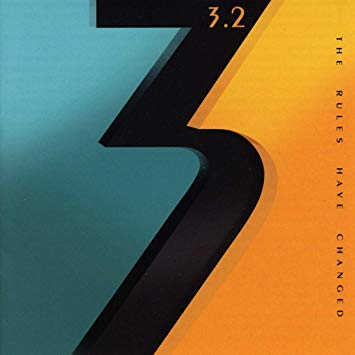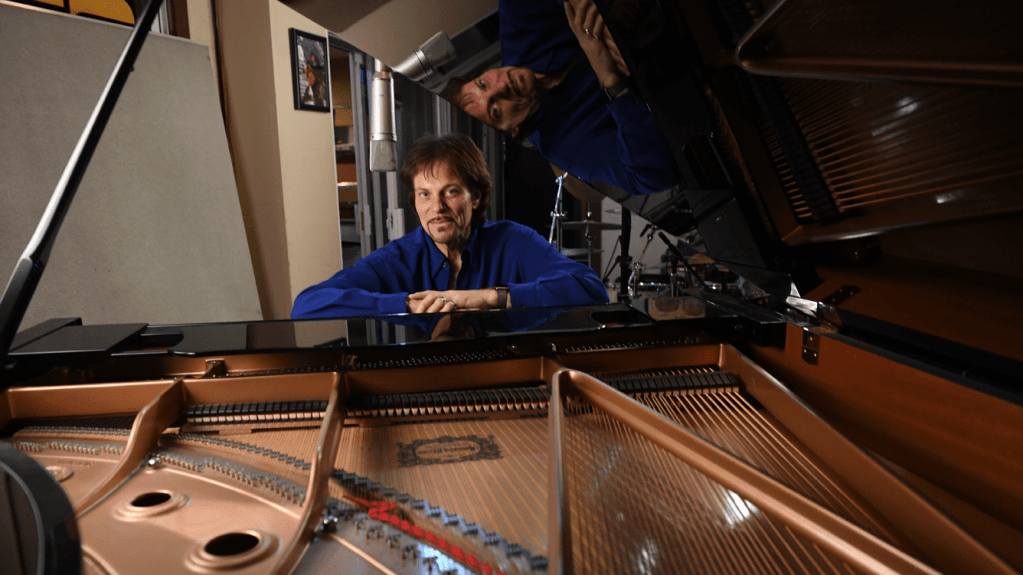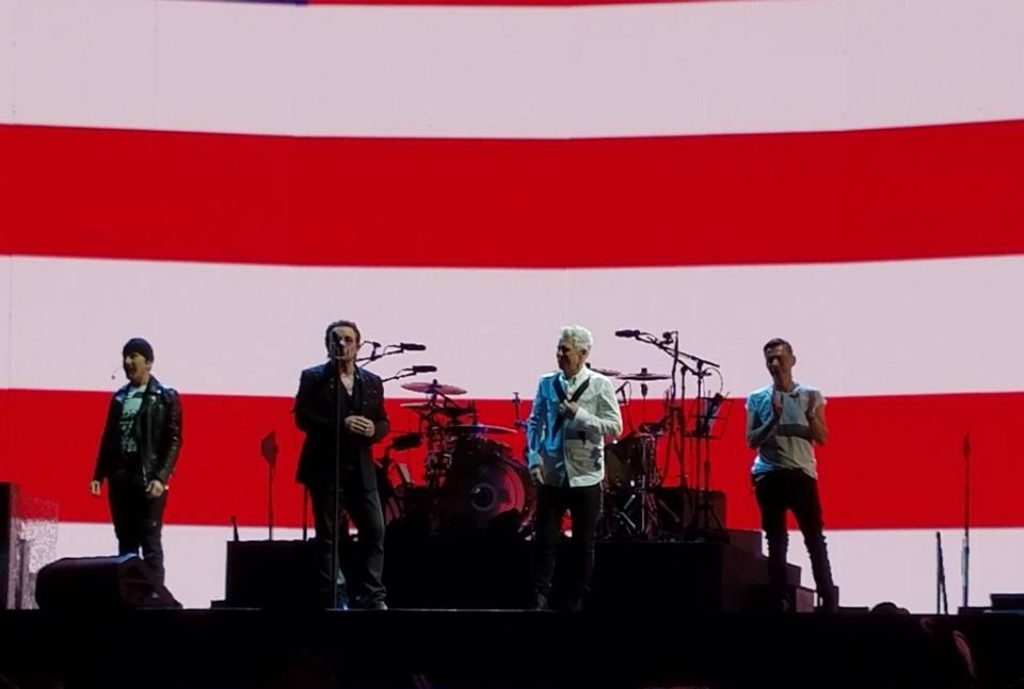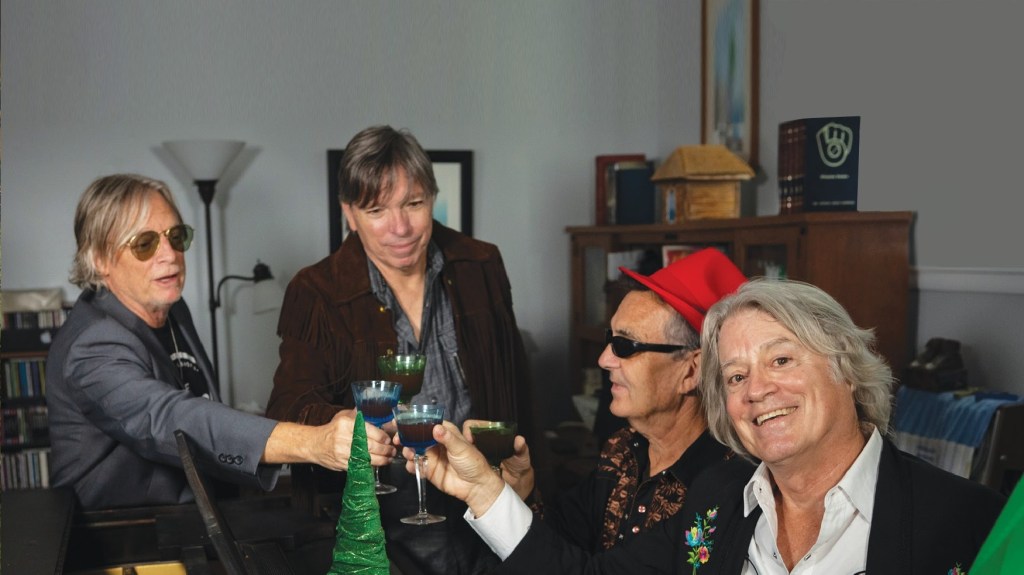
“Grief starts to become indulgent, and it doesn’t serve anyone, and it’s painful. But if you transform it into remembrance, then you’re magnifying the person you lost and also giving something of that person to other people, so they can experience something of that person.” – Patti Smith
When Keith Emerson died on March 11, 2016, the world lost a man commonly referred to as “the greatest rock keyboardist of all time.” His ambitious, technically sophisticated approach to the instrument spawned a generation of copycats at a time when being an original still meant something, which, in 2018, might be what fans miss about him most of all.
Whether it was the radical deconstruction of popular songs with The Nice or the freewheeling excess of Emerson, Lake, and Palmer’s finest work, Keith was always innovating, always pushing the boundaries of where he thought progressive music could go. He grew into his musical self without a scintilla of fear and will be remembered as a musician whose talent was surpassed only by his humility.
Multi-instrumentalist Robert Berry spoke fondly of that humility during our recent conversation regarding the release of “The Rules Have Changed,” a nine-song epic featuring Keith’s final contributions to the musical universe. What began as a legal tug-of-war blossomed into an elegiac tribute to a friend on which Berry challenged himself to capture exactly what it felt like to collaborate with Keith Emerson on a project. He wrote the lyrics, played every instrument, and dedicated a year of his life to putting the brilliant finishing touches on an album he considers to be the most important thing he’s ever done.
His resumé speaks for itself, but transforming his own sorrow into remembrance by giving the public one more experience with Keith Emerson allowed Berry to grieve while crafting one of the best albums of the year in the process.
MNOD: What made you decide that it was time to finish this album?
RB: Well, Keith died three months into the making of it, and, at the time, I had no reason to finish it. I had always wanted to reunite 3 with Keith and Carl Palmer after 30 years, but Carl was off doing his ELP Legacy thing and Keith also stayed away. This album was a 29-year-old dream of mine that I didn’t want to let go of, so I actually reached out to Keith’s son, Aaron, to see if he wanted to play his dad’s parts. I made the mistake of sending him one of the more complicated songs, because I thought he could play just like Keith and he didn’t think that he could. We’re talking about the greatest rock keyboardist of all time, which isn’t an easy space to fill. I ended up playing all the instruments myself and it took me a year to finish everything. While I’ll always miss the late night phone calls from Keith as well as collaborating with him, I think this album does justice to what he would have wanted, and will go down as the most important album of my career.
MNOD: How did it feel playing parts that Keith had originally written for himself?
RB: I had eight years of classical piano and two years of jazz, so I was confident that I could just go for it. Initially, I had a lot of self-doubt and had just gone through the grieving process, but I also had to go before a six-panel estate board before finding out that the parts that Keith had already recorded couldn’t be used. I used a Moog just like Keith and tried to envision how exactly he would have played the keys. The question of what people would think of it was certainly in my mind, but, while I’m no Keith Emerson, I’m very proud of the result.
MNOD: What was Keith like to work with?
RB: He was amazing. I actually got invited to have lunch with him that first time and I thought he would be like a mad scientist. He was always interested in the songs and he was just a humble, funny guy who never exuded any of the rock star ego. I loved all of his good jokes and the bad ones. He was the greatest guy I’ve ever met.
MNOD: Listening to the album, I was really impressed with how fluidly you handled all the instruments yourself. How challenging was that?
RB: That’s how I make my living. I spent a lot of time putting together a state-of-the-art studio with every piece of technology necessary to make the best sounding record possible. It was challenging, but I had the Moog rebuilt and it’s playing more beautifully than ever. I often found myself thinking ‘What would Keith do here?’ and it was almost as if he was playing through me at times. We first toured together in the late 1980’s, so I knew his style and how he would approach the material. It all came about in a magical way. I like to think of it as taking a picture of a tree in your yard. It’s an exact representation of what the tree looks like and that what I tried to do with my playing of Keith’s parts.
MNOD: Why did you release it under the 3.2 name?
RB: I could have released in under my own name, but I wanted to pay tribute to the legacy of what we created back in 1988. The name of our original band was 3, so this project was going to be released as 3.2. This is the project that I always intended to be my second album with Keith and Carl, because we were really bonded as friends. Its release coincides with the 30th anniversary of our first tour and I hope that it stands as a significant final piece of Keith’s legacy.
MNOD: Is there a particular track on the album that you feel especially drawn to?
RB: One by One is the song that really struck me. Keith initially had an idea to name an album ‘1,’ but the stores didn’t know where to put it. He and I were always big Oscar Peterson fans and that vibe is what I was going for with my playing. The lyrics and overall impact of this song capture exactly the kind of difference I want to make in the world.
MNOD: You’ve been a member of The Greg Kihn Band since 2010. How much fun is it to transition between the complexity of “The Rules Have Changed” and Greg’s style?
RB: He has the simplest style, but the average listener really connects with his music. He’s a great guy to work with and I really enjoy him as a person. He used to joke that my stock as a musician must have gone down, because I was now playing with a three-chord guy as opposed to the progressive music I was used to.
MNOD: Do you have any plans to take “The Rules Have Changed” on the road?
RB: At first, I didn’t want to, but the reception has been so great that I think we’re going to go out on a world tour in 2019. The show will be 30 years of my history and I’m excited to finally bring this album to an audience.
“The Rules Have Changed” is available now wherever music is disseminated.






Leave a comment